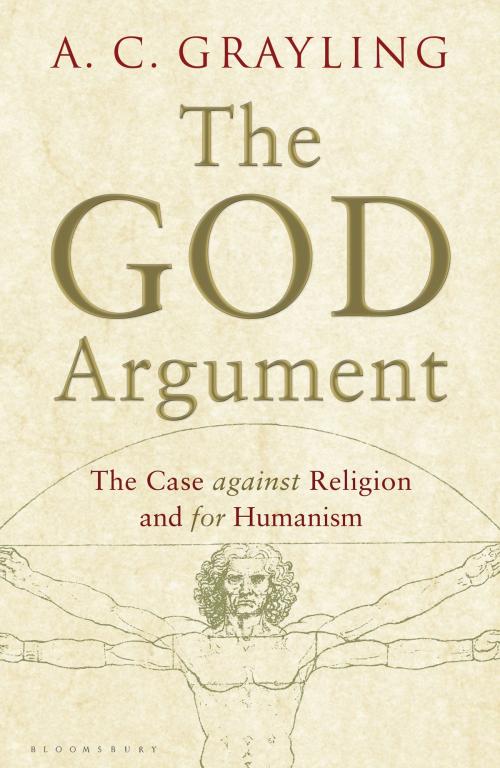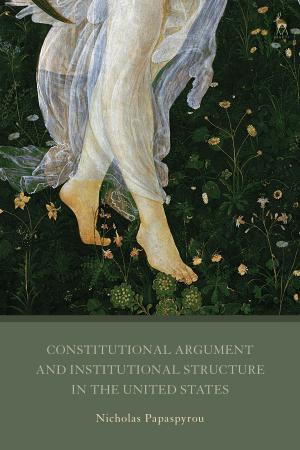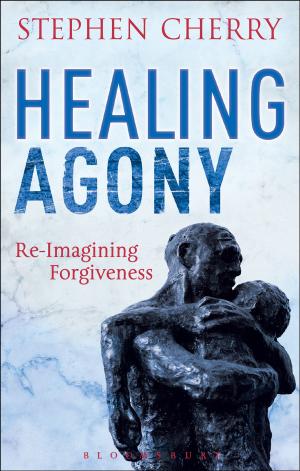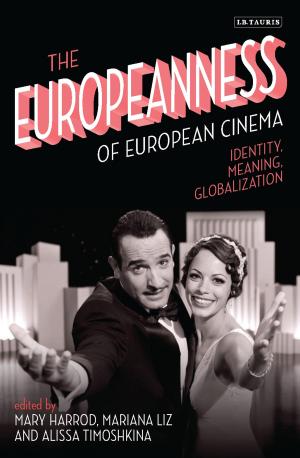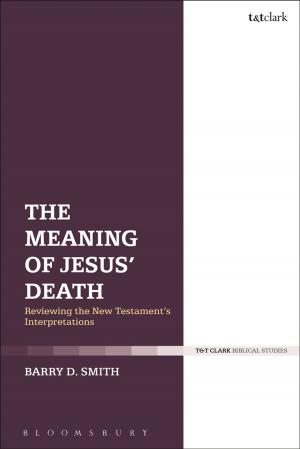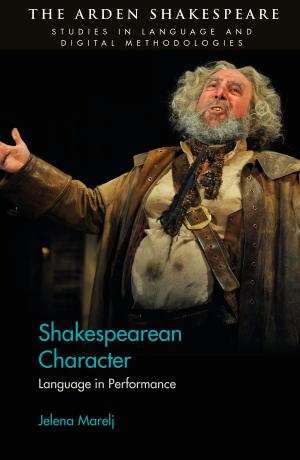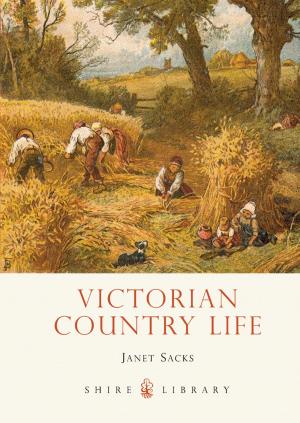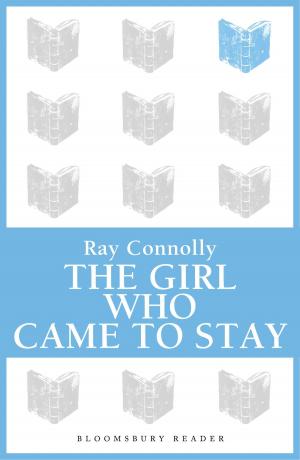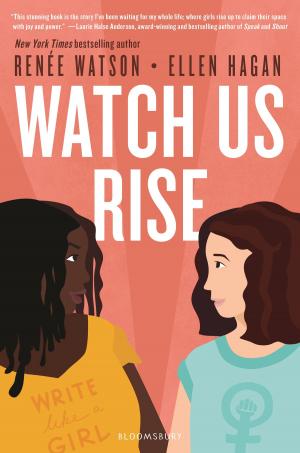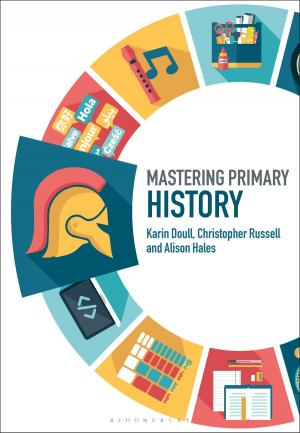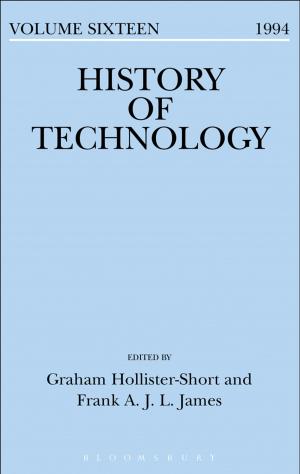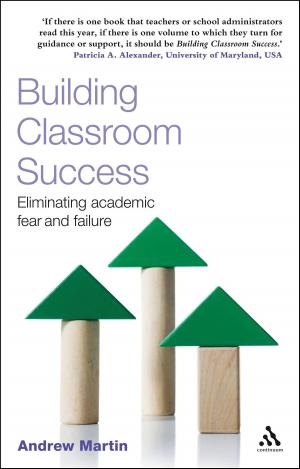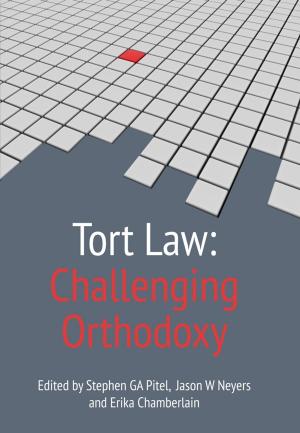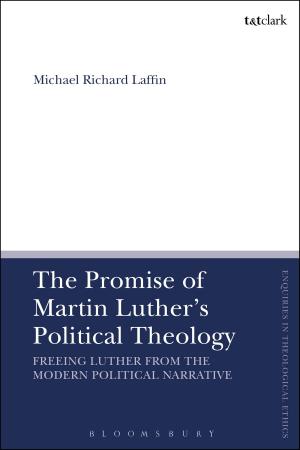The God Argument
The Case Against Religion and for Humanism
Nonfiction, Religion & Spirituality, Other Practices, Atheism| Author: | Professor A. C. Grayling | ISBN: | 9781620401910 |
| Publisher: | Bloomsbury Publishing | Publication: | March 26, 2013 |
| Imprint: | Bloomsbury USA | Language: | English |
| Author: | Professor A. C. Grayling |
| ISBN: | 9781620401910 |
| Publisher: | Bloomsbury Publishing |
| Publication: | March 26, 2013 |
| Imprint: | Bloomsbury USA |
| Language: | English |
A powerful argument for humanism as an alternative to organized religion, by New York Times bestselling author A.C. Grayling, one of the world's leading public intellectuals.
What are the arguments for and against religion and religious belief--all of them--right across the range of reasons and motives that people have for being religious, and do they stand up to scrutiny? Can there be a clear, full statement of these arguments that once and for all will show what is at stake in this debate?
Equally important: what is the alternative to religion as a view of the world and a foundation for morality? Is there a worldview and a code of life for thoughtful people--those who wish to live with intellectual integrity, based on reason, evidence, and a desire to do and be good--that does not interfere with people's right to their own beliefs and freedom of expression?
In The Case Against Religion, Anthony Grayling offers a definitive examination of these questions, and an in-depth exploration of the humanist outlook that recommends itself as the ethics of the genuinely reflective person.
A powerful argument for humanism as an alternative to organized religion, by New York Times bestselling author A.C. Grayling, one of the world's leading public intellectuals.
What are the arguments for and against religion and religious belief--all of them--right across the range of reasons and motives that people have for being religious, and do they stand up to scrutiny? Can there be a clear, full statement of these arguments that once and for all will show what is at stake in this debate?
Equally important: what is the alternative to religion as a view of the world and a foundation for morality? Is there a worldview and a code of life for thoughtful people--those who wish to live with intellectual integrity, based on reason, evidence, and a desire to do and be good--that does not interfere with people's right to their own beliefs and freedom of expression?
In The Case Against Religion, Anthony Grayling offers a definitive examination of these questions, and an in-depth exploration of the humanist outlook that recommends itself as the ethics of the genuinely reflective person.
